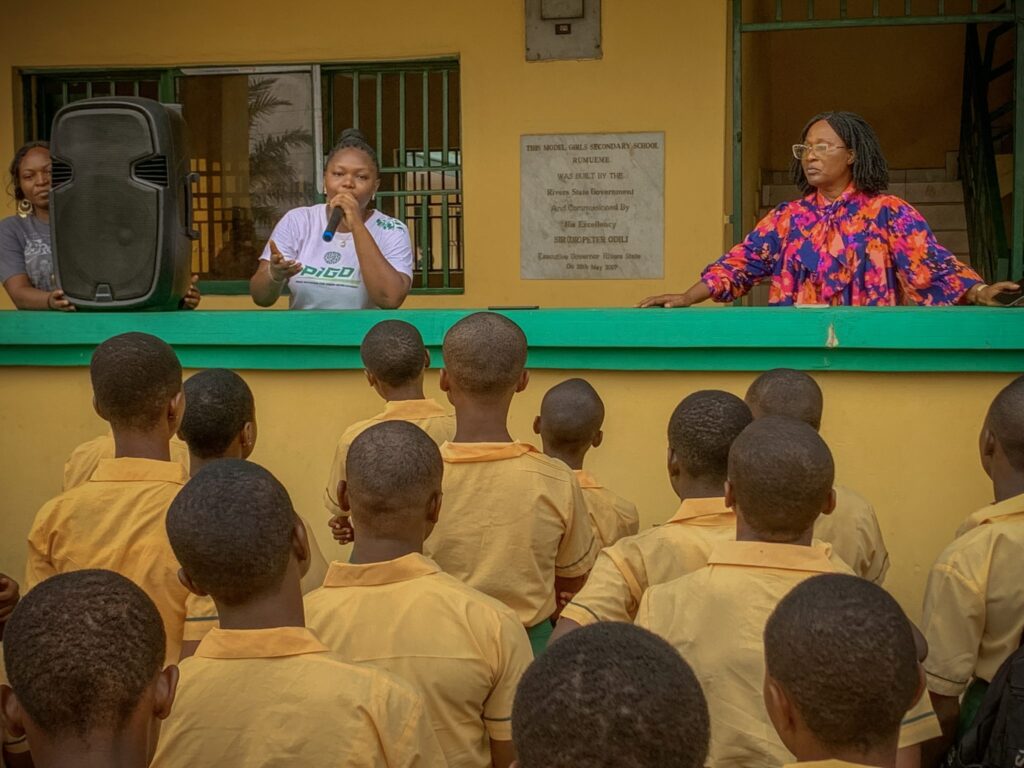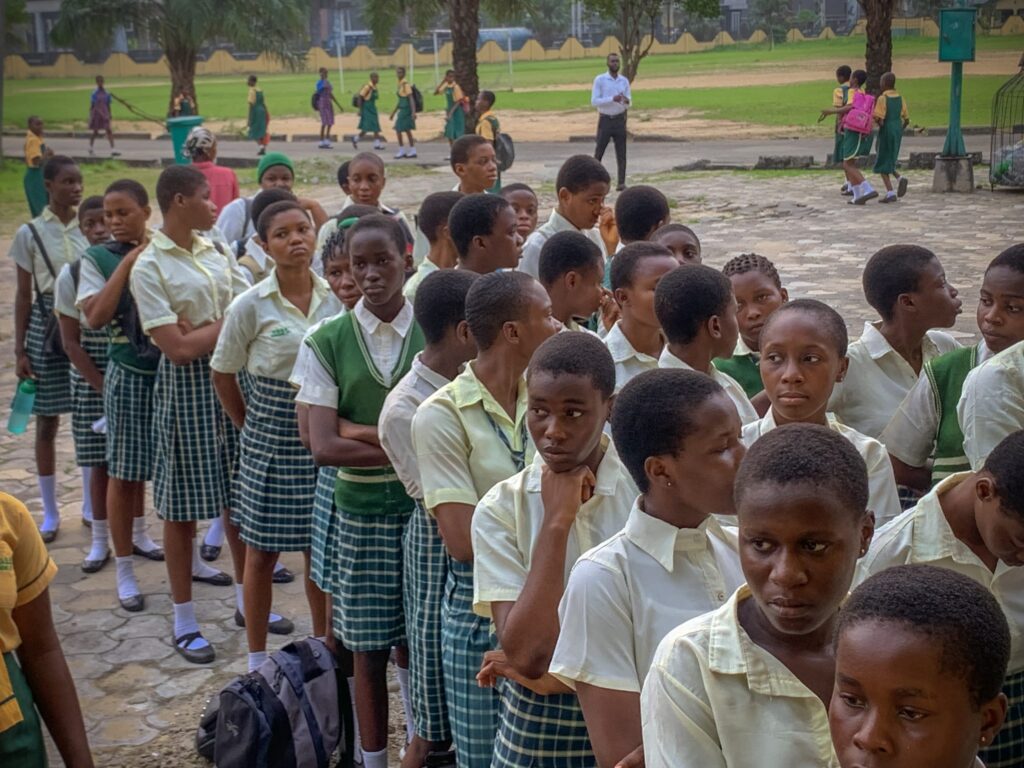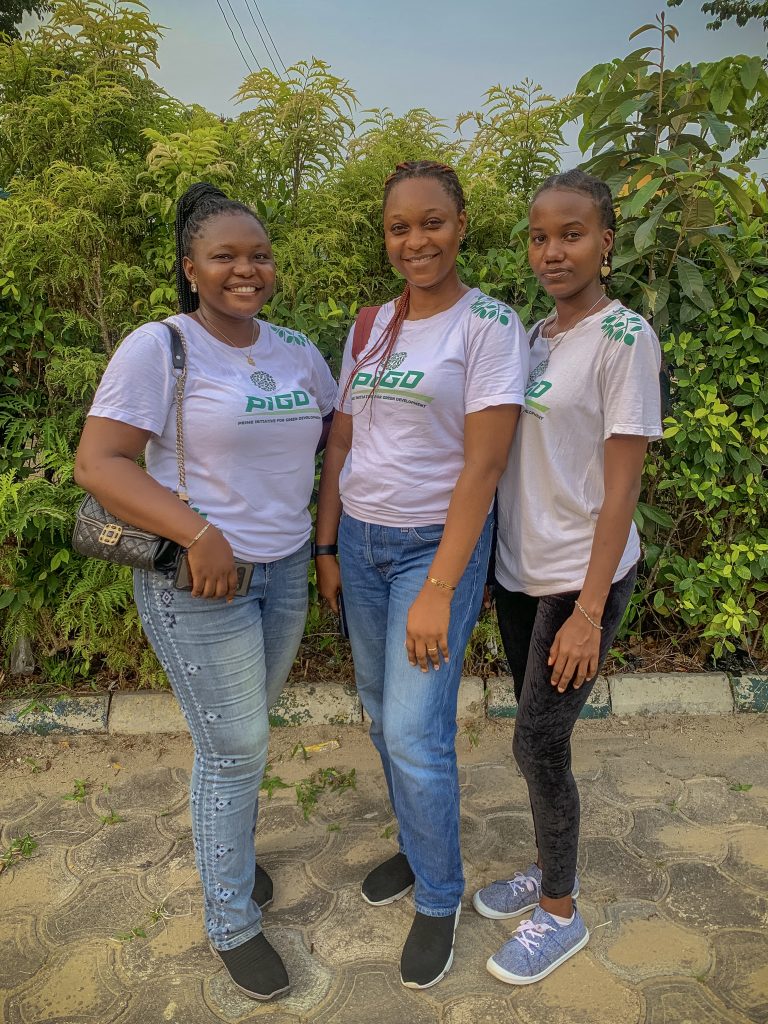
Bridging the Gender Gap: How Technology Can Empower Young Girls to Achieve the Sustainable Development Goals

Established by the United Nations, the International Day of Women and Girls in Science (February 11th) serves as a special day dedicated to celebrating the remarkable accomplishments of women in science throughout history, showcasing their invaluable contributions to research, innovation, and the advancement of knowledge across the globe as well as breaking down the societal barriers that restrict the full participation of women and girls in science, technology, engineering, and mathematics (STEM) fields. This day aims to foster gender equality by actively promoting the participation of women and girls in scientific careers. It’s a day set out to dismantle the pervasive stereotypes and biases that have hindered women’s involvement in scientific disciplines across the world
According to a recent UNICEF data report, in Nigeria, women and girls constitute about 60% of the illiterate population. Today, millions of Nigerian girls and young women are victims of gender inequality in education owing to factors like cultural patriarchy, early marriage, sexual violence and societal biases. The current state of affairs, where girls are denied equal access to education, continues to cripple our nation’s potential. This systematic disenfranchisement prevents us from harnessing the full intellectual, social, and economic strength resident within every single girl child. By unlocking their potential through education, we empower them to become drivers of progress across all spheres of life. In the drive for the realization of the sustainable development goals, both innovative technology and the girl child play a crucial role today in building a more sustainable world for future generations.
To commemorate the International Day of Women and Girls in Science, Prime Initiative For Green Development held a workshop for the students of Government Girls Secondary School, Rumueme, Port Harcourt, Rivers State with the theme “Bridging The Gender Gap: How Technology Can Empower Young Girls to Achieve the Sustainable Development Goals”.

While addressing the students, the program manager, PIGD, who facilitated the workshop, encouraged the young girls to explore their interest in STEM fields and recognize the boundless possibilities in pursuing technological careers. She further reiterated that as young leaders, embracing new and innovative career pathways in technological disciplines will help foster a future where they have the same opportunities as their male counterparts. To equip the students with the tools they need to thrive in the digital age, our facilitator presented them with a diverse menu of in-demand digital skills. This comprehensive selection encompassed a spectrum of areas, ranging from foundational elements like information literacy and communication to more specialized skills like coding and data analysis. Additionally, students were provided with a clear roadmap, outlining the fundamental prerequisites necessary to embark on their learning journeys in each domain. This included an understanding of essential software applications, basic technical knowledge, and effective learning strategies.
When societies achieve gender equality, we unlock the full potential of human perspectives, leading to more innovative solutions and positively impacting the sustainable development of our world.
The workshop featured a session of questions and answers, where the students had the opportunity to ask their questions and receive answers on issues regarding taking up digital skills, environmental sustainability, and the challenges facing the education of the girl child in Nigeria today.
The entire staff and students of the Government Girls Secondary School Rumueme relayed their profound gratitude to Prime Initiative For Green Development for bringing such a timely and needed workshop to their school. Furthermore, they enthusiastically voiced their strong desire to host similar workshops in the future, highlighting the positive and lasting impact they believe these initiatives can have on their learning experience.
